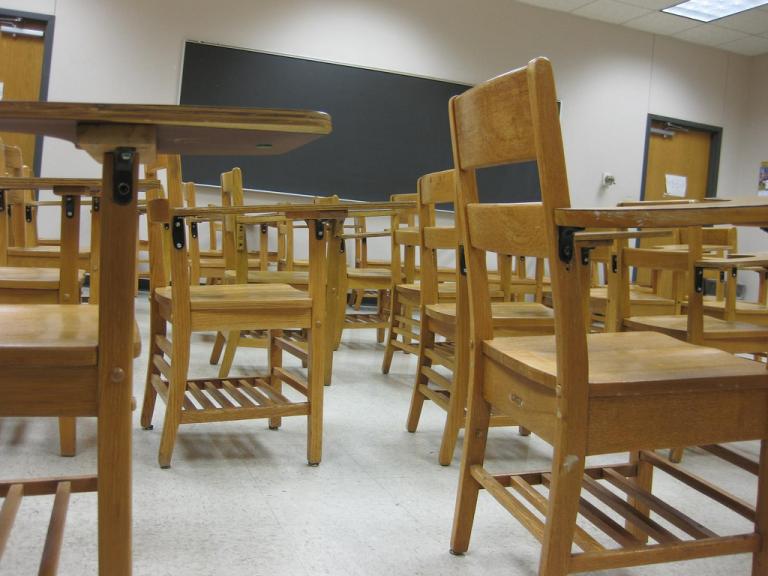When children are trapped in failing schools, it is a moral issue that all Christians should be concerned about. Even those of us who are not big fans of government-sponsored education see the value of reforms to help failing schools.
In my home state of Georgia, Governor Nathan Deal is proposing an education reform approach to create Opportunity School Districts that would bring failing schools under the direct, temporary control of the state in order to turn them around.
According to Deal in an interview with Erick Erickson this past week, 141 Georgia schools presently receive failing grades and have for some time now. In at least one county, all of the schools from elementary through high school have been failing. Deal’s plan for creating Opportunity School Districts calls for the state to assume control of no more than 20 schools per year and no more than 100 at any one time for a minimum of five years and maximum of ten years. The thought is that if a school can’t turn around in ten years, there are serious issues.
The Governor’s press release on the Opportunity School District legislation describes persistently failing schools as “those scoring below 60 on the Georgia Department of Education’s accountability measure, the College and Career Performance Index (CCRPI), for three consecutive years.”
Some conservatives might be quick to decry the state overriding local officials—and I do believe we should always seek to keep authority concentrated at the local level whenever possible. However, when a family abuses children, we expect the local government to step in to protect the children. And rightly so. It is no different when it comes to failing local schools. Someone must step in to protect the children.
3 Thoughts on the Plan
Without delving into the details of the Governor’s plan, I have three initial thoughts about the approach:
1. Ten years is too long. Urgency creates motion. Motion leads to momentum. One thing I’ve learned from studying project management theory and observing the education process up close for a dozen years is that projects always take at least as long as the time given to complete them. Why give these failing school up to a decade to change? Most of the kids will be long gone by then—and the teachers, as well. By trimming the time limits to three years minimum and six years maximum, we would create a sense of urgency to act, something I suspect many of those schools have not known in quite some time.
2. People must be fired. Most systemic education reforms fail because it is extremely difficult to get rid of the people who created or contributed to the problems in the first place. If those leading the reforms do not have the authority to remove teachers, administrators, coaches, bus drivers—you name it—who are unwilling or unable to change, the reform will fail. You cannot simply move dead weight around on the plane and expect the take-off attempt to turn out differently. People created the problem. We’ll need to replace at least some of them to solve the problem. Which leads me to my third thought….
3. Everything rises and falls on leadership. John Maxwell’s words are true in education as much as anywhere else. The changes that need to be made will require courageous leadership, not bloated bureaucracies. Fear is the number one barrier to real education reform. I saw it again and again in education when I lead a school and worked alongside many other local school leaders. One great idea after another got shot down out of fear of the unions, of a lawsuit, of parents’ complaints—the list is endless. Bureaucracies are designed to protect and sustain, not revitalize and change. Whoever heads up this effort will need effective leaders with the freedom to think outside the box and do what needs to be done to help these oppressed children.
I would also suggest the state consider investing in leadership and personal growth training in these troubled schools. They got into the situation by thinking incorrectly. They need to grow out of their problems by changing the culture of their organizations, not just a few procedures.
The Way Forward
I applaud Governor Nathan Deal for tackling the moral issue of failing education and point to this brief video in which Michael Q. McShane lays out a basic paradigm for real education reform:
If you really want to create Opportunity School Districts, someone in the state education efforts should be reading McShane’s book Education and Opportunity and consulting with minds such as his to solve this most urgent of problems.
Have you subscribed to FaithWalkers email updates? Click here to get regular updates.













